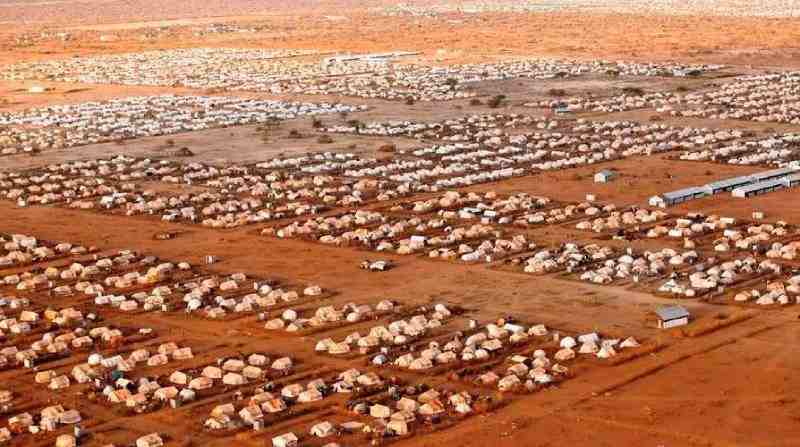×
The Standard e-Paper
Home To Bold Columnists

Kenya plans to reject proposals by the United Nations refugees agency on the closure of Dadaab and Kakuma camps.
The United Nations High Commissioner for Refugees (UNHCR) had presented the proposals for the closure of the two refugee camps in northern and northeastern Kenya on Tuesday.